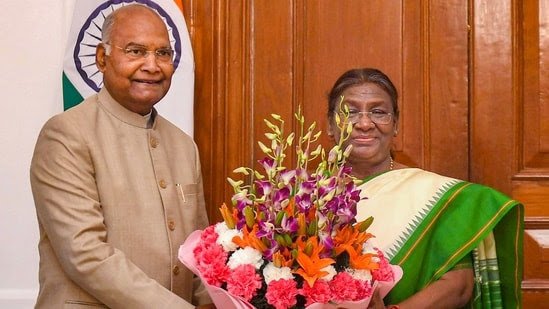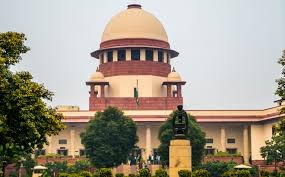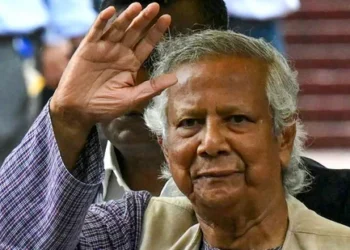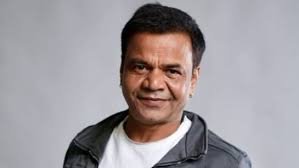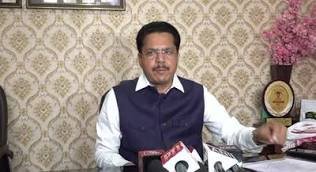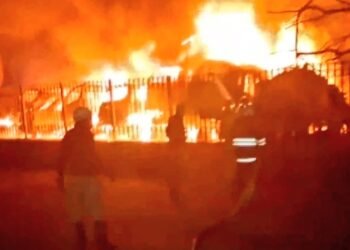According to PTI, a high-level committee headed by former President Ram Nath Kovind suggested on Thursday that the Lok Sabha and state assemblies hold simultaneous elections.
President Droupadi Murmu received the 18,626-page report from the commission on “one nation, one election” regarding the viability of holding simultaneous elections at Rashtrapati Bhavan.
High Powered Committee on ‘One Nation, One Election’ recommends simultaneous elections for Lok Sabha and Assemblies post 2024 General Elections. #OneNationOneElection #GeneralElections #LokSabhaElections #PowerCorridors pic.twitter.com/pKI3H9FqFd
— POWER CORRIDORS (@power_corridors) March 14, 2024
It was mentioned that the report was the result of 191 days of research and discussions with professionals and stakeholders.
In the presence of every committee member, including Democratic Progressive Azad Party (DPAP) leader Gulam Nabi Azad, Union law minister Arjun Ram Meghwal, and Union home minister Amit Shah, the Kovind committee submitted its findings.
The representatives of many political parties, including the BJP, Trinamool Congress, Samajwadi Party, CPI, CPI(M), AIMIM, RPI, Apna Dal, etc., were also met and engaged with by the High Level Committee recently.
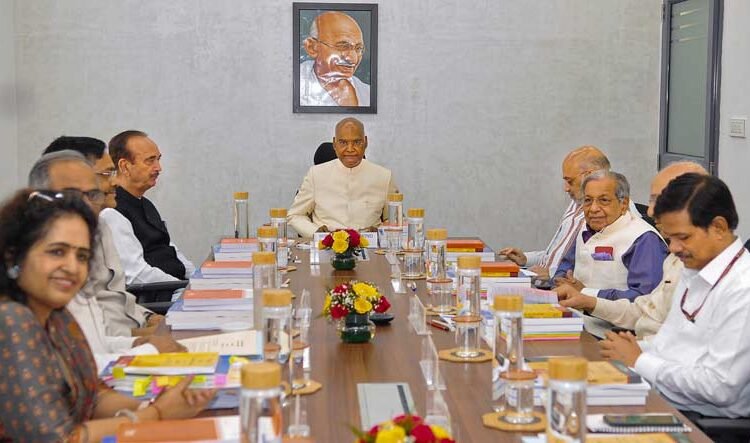
1. Simultaneous polls to Lok Sabha
The first step might involve simultaneous elections for the Lok Sabha and assemblies, and the second could involve local body elections within a hundred days. The terms of all state assemblies may run concurrently for the first time during the time leading up to the next Lok Sabha elections.
The Kovind panel recommends advance planning for equipment, manpower and security forces for holding simultaneous polls.
Simultaneous elections at all three levels of government to enhance the structure of administration in keeping with the goals of an ambitious India.
2. Challenges ahead
Prior to 1967, India had conducted simultaneous Lok Sabha and Assembly elections in 1951–1952, 1957, 1962, and 1967. However, they were halted when the Lok Sabha and a few state assemblies were dissolved before they could reach a decision.
The proposal of “One Nation One Election” has been endorsed by several parties, including AIADMK, Biju Janata Dal, and Maharashtrawadi Gomantak Party (MGP), whereas the most of the parties are against it.
Concerns regarding the democratic spirit, the importance of national issues over local ones, and the requirement for constitutional changes have all been raised by critics.
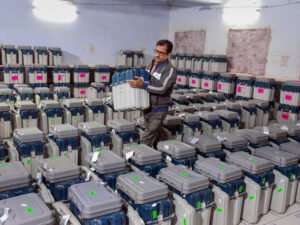
3. 2018 Report
To maintain government stability, the Law Commission had suggested a “constructive vote of no-confidence” in its 2018 report. Germany uses a concept called a constructive vote of no-confidence, which allows the Bundestag, the parliament, to remove a chancellor only if it also decides on a replacement.
Because they have to agree on a replacement in addition to disagreeing with the chancellor’s leadership, it becomes more difficult for the opposition to remove the leader. That being said, the House has a fixed five-year tenure, and government will always exist.
Also read: BJP-BJD Alliance in Odisha Soon: BJP Drops Hint, Emergency Meeting Called



